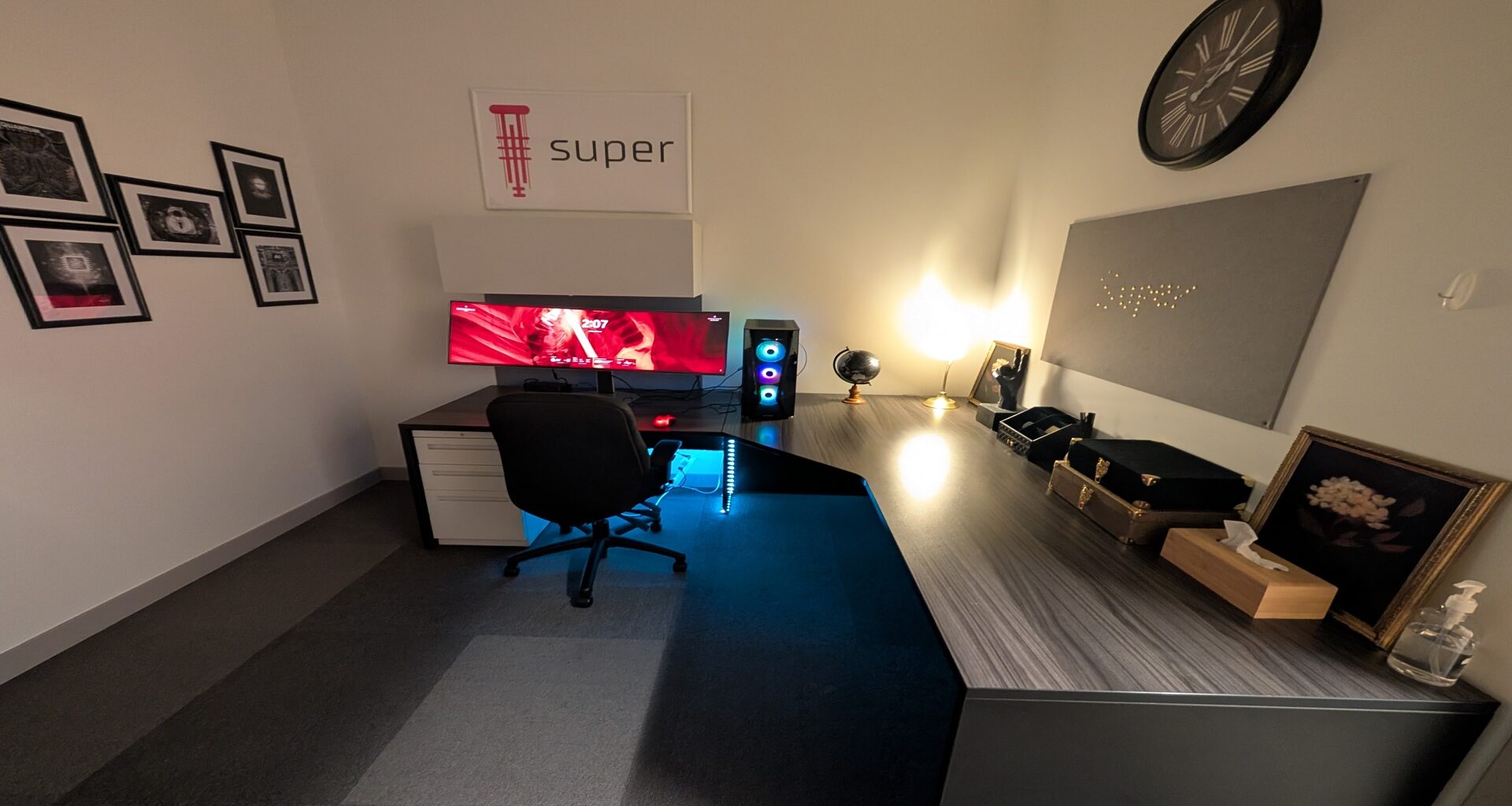In a bold step toward making quantum computing accessible enough to solve everyday problems, the Canadian city of Lethbridge has launched a first-of-its-kind community-based Quantum Super Hub. This new facility is being hailed as the ‘ChatGPT of quantum computing’.
Similar to how ChatGPT made AI easy to use, the new hub brings the power of quantum computing and other high-powered tools like AI and GPUs within reach of local businesses, students, and researchers.
“By anchoring Canada’s first Super Hub at Tecconnect, we’re giving local innovators the tools to solve global problems—from agri-tech to logistics—with computing power once thought to be years away,” said Renae Barlow, vice president of Economic Development Lethbridge (EDL), a not-for-profit organization involved in the development of Quantum Super Hub,.
Combining the best of classical and quantum worlds
The main highlight of the quantum super hub is that anyone can describe a problem in plain language, and the system automatically decides whether to solve it using quantum computing, AI, or traditional supercomputers.
“The whole value proposition for the super platform is that it leverages a combination of classical and quantum hardware. It uses Nvidia GPUs, it uses quantum parts, it uses gate-based quantum machines, it uses classical CPUs, and GPUs. It figures out how to best solve the problem using a combination of these architectures,” said Muhammad Khan, CEO of SuperQ Quantum Computing, the company that developed the hub.
The development is being seen as a major leap as quantum computers, while powerful, have traditionally been out of reach for most people and companies. This is because they require expensive lab setups, highly trained quantum scientists, and complex programming skills.
What the Super Quantum Hub does differently is simplify the user experience while intelligently picking the right computing strategy—sometimes quantum, sometimes classical, often both. It’s this combination that makes it powerful and accessible.
On top of the tech, a formidable support system has been put in place to help users. According to the SuperQ team, local businesses can get help at every step—from identifying key problems to testing solutions and receiving training.
New possibilities for multiple industries
Moreover, workshops, pilot programs, and various other opportunities from the University of Lethbridge and Lethbridge Polytechnic are being offered to make sure people, researchers, and businesses benefit from the hub.
“There are going to be students coming from the University of Lethbridge and Lethbridge Polytechnic who are going to have the opportunity to immerse a little further in these technologies, and also, there’s new initiatives propping up as we move forward. Even the access for researchers is a very exciting proposition with the hub being open now,” Eyren Uggenti, who leads professional services at SuperQ, added.
The implications of this new hub are huge. Until now, quantum computing has been a distant dream for most industries. With this new model, companies in fields like precision agriculture, agri-tech, logistics, manufacturing, and finance can actually use quantum-level power to solve problems that are too complex or time-consuming.
For instance, they can model climate risk in real time, simulate complex supply chains, or optimize energy use in manufacturing processes.
Additionally, quantum hardware remains expensive and specialized. This is why the new hybrid model, where quantum is used only when needed, proves important. It allows industries to start benefiting from quantum power today without waiting for the technology to fully mature.
Looking ahead, if the Lethbridge Super Quantum Hub proves successful, SuperQ plans to expand, with the next hub expected to open in the United Arab Emirates. The hope is that this model will unlock access to quantum computing worldwide.
